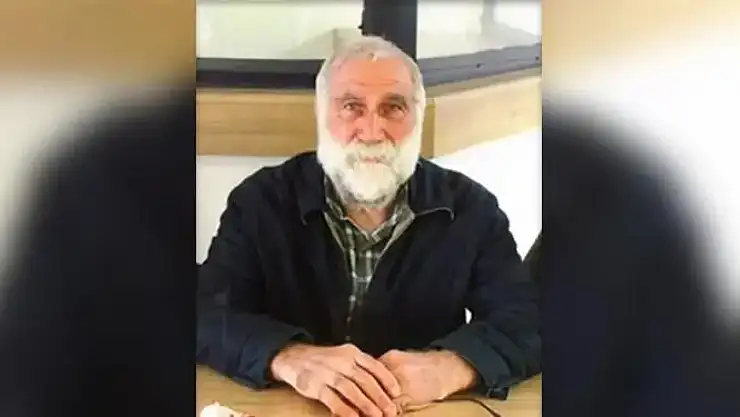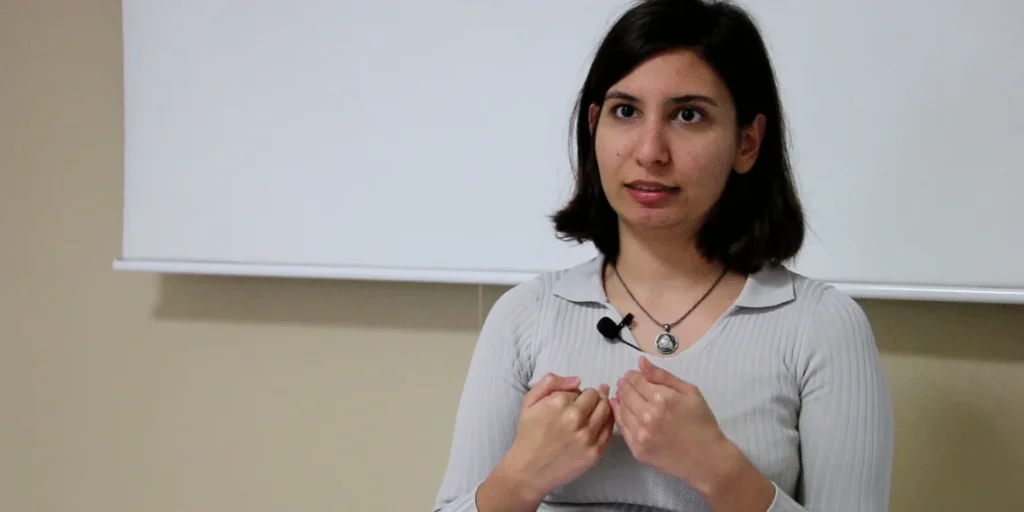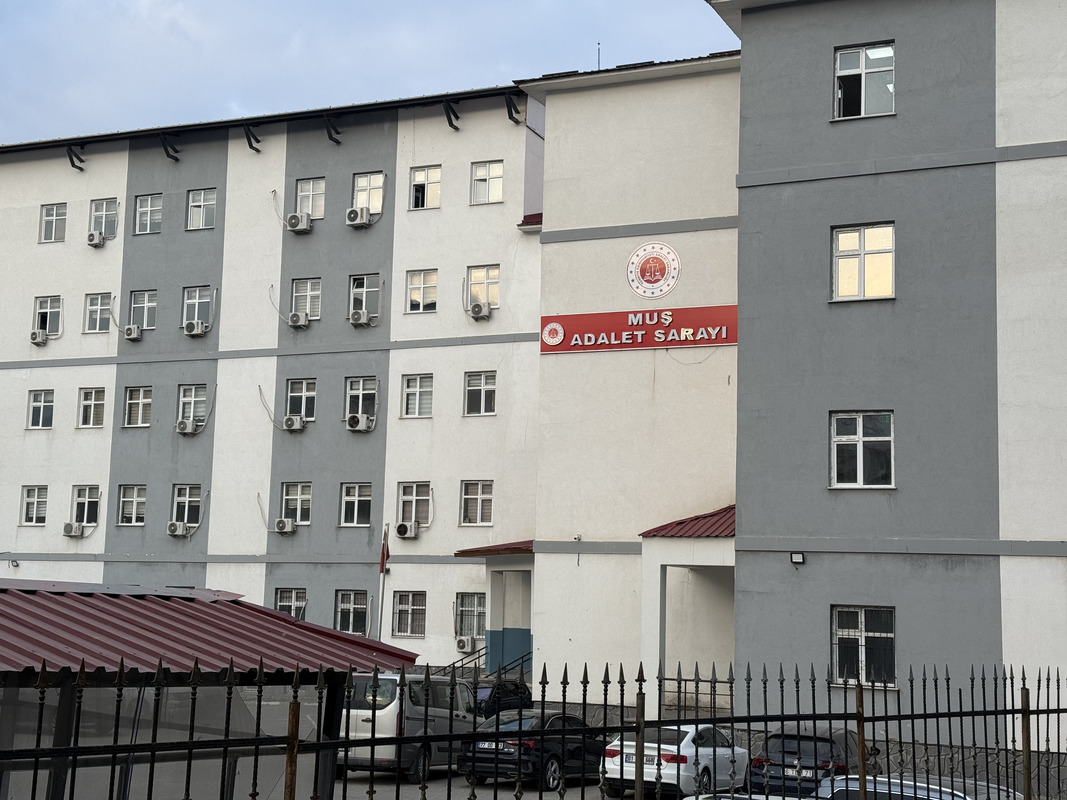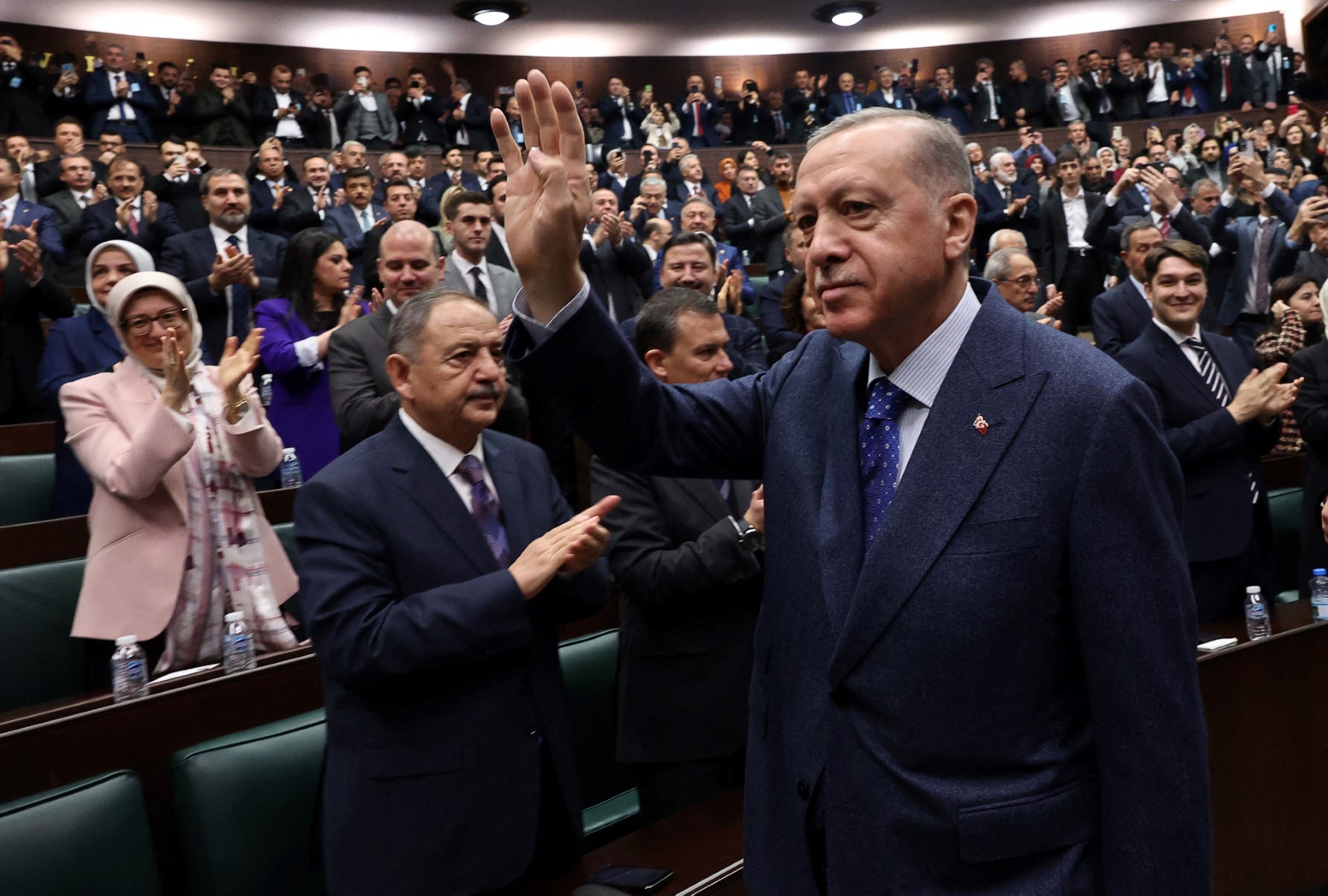No Freedom Even After 30 Years: The ‘Right to Hope’ in Turkey

Mehmet Durak
Photo of Mehmet Durak Karak
The Committee of Ministers of the Council of Europe reconvened in September after the deadline it had given Turkey to review aggravated life sentences had expired. In its interim resolution, the Committee emphasized the need for concrete steps to implement the “Right to Hope” and granted Turkey an extension until June 2026.
At a time when European Court of Human Rights (ECHR) rulings and parliamentary debates on the “Right to Hope” are on the agenda in Turkey, hundreds of prisoners who have completed 30 years behind bars remain in jail
At a time when European Court of Human Rights (ECHR) rulings and parliamentary debates on the “Right to Hope” are on the agenda in Turkey, hundreds of prisoners who have completed 30 years behind bars remain in jail. One of the most striking examples is the story of Mehmet Durak Karak, who has experienced three decades of incarceration.
The case of Mehmet Durak Karak recently drew public attention after he was brought to his son’s funeral in handcuffs. His 40-year-old son Ömer had died of a heart attack on 30 August 2025. Karak was transported from Erzincan High-Security Prison to his hometown of Pirsûs (Suruç) in a prison van. Throughout the mourning period, his handcuffs were never removed, and even the condolences of his relatives were restricted by the gendarmerie. He was briefly allowed to visit his son’s grave to say goodbye, after which he was taken back to prison in the same vehicle.
Karak was tried in 1995 at the State Security Court (SSC) on charges of “undermining the unity of the state” and initially sentenced to death. After the abolition of the death penalty in Turkey, his sentence was commuted to life imprisonment. On 17 June 2024, he completed 30 full years behind bars but was denied release. The official prison record of his sentence lists: “Release date: until death.”
From State Security Courts to Aggravated Life Sentences
The Penal Execution Law, which came into force in 2005, divides this regime into two categories: those who have a prospect of release and those who do not.
State Security Courts (SSC) were established in the 1980s, in the context of the Turkish military coup d’état, to handle cases concerning “crimes against state security.” They were frequently criticized for their lengthy pretrial detentions and heavy sentences. Although these courts were abolished in 2004, the enforcement of life sentences and aggravated life sentences that replaced death penalties from that era continues to this day.
According to the Turkish Penal Code, aggravated life sentences require the convict to remain in prison for the rest of their life under a stricter security regime. The Penal Execution Law, which came into force in 2005, divides this regime into two categories: those who have a prospect of release and those who do not.
Prisoners with the prospect of release may apply for conditional parole after serving 30 years (or 36 years if the crime was committed within the scope of an organized group activity). Those without the prospect of release, however, are never granted the right to conditional parole if their crimes were committed “within the scope of an organized activity against state security, the constitutional order, or national defense.” Most of the sentences handed down by the SSC fall into the most severe category. Even prisoners who have completed 30 years can only be released if the prison administrative boards issue a “good conduct” report in their favor.
Observation boards: The invisible walls blocking release
The Prison Administration and Observation Boards, established by a new regulation and put into effect on 1 January 2021, have become critical mechanisms determining the path to release in prisons. These boards assess the “good conduct” status of every prisoner nearing release; they may either approve release or postpone the decision for 3, 6, or even 12 months. On paper, this system was created with the claim of “rehabilitating prisoners and reintegrating them into society,” but in practice, it has turned into an obstacle that constantly pushes the prospect of freedom further away—particularly for political prisoners. It is impossible to know how many individuals have been affected by these decisions.
Speaking to The Amargi, Heval Zelal Avcı, representative of the aggravated life imprisonment thematic area at the Civil Society in the Penal System Association (CISST), states that they have been unable to obtain information from the Ministry of Justice regarding this matter: “On 26 June 26 2025, we submitted a request via the Presidential Communication Centre (CIMER), asking for the number of prisoners whose release has been postponed since 2020 solely due to insufficient progress or assessment scores. The Ministry claimed that they did not have such data. Since some prisoners have had their release postponed multiple times, we also struggle to keep an exact count.”

The structure of these boards is also a matter of debate. Their committees are chaired by prison directors and include the various prison officers, but not the prisoners’ lawyer or any independent observer.
According to Ruken Altun, Legal Officer of the CISST, decisions are often made solely on the case file without any face-to-face meeting with the prisoner. She told The Amargi: “The judges usually conduct their review based only on the case file, directly adopting the board’s reasoning as their own. Lawyers’ objections generally remain ineffective.”
Arbitrary justifications
“…prisoners serving aggravated life sentences make up 1.24%of the prison population. This corresponds to approximately 4,300 individuals.”
Data from the Human Rights Association (İHD) for 2024 reveals the scale of the situation. Since 2021, the release of at least 501 prisoners has been postponed multiple times by the decisions of the Prison Administration and Observation Boards. According to Nurten Karagöz, co-chair of the Marmara Association for Solidarity with Families of Detainees and Convicts (MATUHAYDER), nearly 300 prisoners in the Marmara region have already completed their sentences.
The justifications for postponement are often blatantly arbitrary: having a family member in prison, not using water efficiently, reading too many or too few books, performing traditional dance, refusing to meet with the prison imam, not engaging in sports, resisting strip searches, singing Kurdish songs, or submitting too many petitions.
The exact number of those waiting to benefit from the “Right to Hope” remains unclear. Heval Zelal Avcı from the CISST points out that “the last statistics published by the Ministry of Justice on this matter date back to 2014. In subsequent years, the annual reports of the Council of Europe have listed the numbers of life and aggravated life sentences together, but the number of prisoners with no prospect of release has never been disclosed. At the July 2024 session of the Committee Against Torture (CAT) in Geneva, Fatih Güngör, Deputy Director General of the Directorate of Prisons and Detention Houses (CTE), stated that prisoners serving aggravated life sentences make up 1.24 percent of the prison population. This corresponds to approximately 4,300 individuals.”
What does the ‘Right to Hope’ say?
According to the ECHR, a person sentenced to life imprisonment must be given “the hope of one day being released.” This approach was clarified in the 2013 Vinter v. United Kingdom ruling and has since been established as a standard by the Council of Europe. In that decision, the Court stated explicitly: “If a prisoner has no prospect of release and no possibility of review of their sentence, such punishment is incompatible with human dignity.”
The ECHR emphasizes that the sentence of a person serving life imprisonment must be reviewed by an independent mechanism after 25 years. According to Heval Zelal Avcı, this right exists on paper in Turkey but is not applied in practice: “In Turkey, a person sentenced to aggravated life imprisonment must wait at least 30 or 36 years before applying for conditional release. This duration is well above the European average. Moreover, conditional release is completely abolished for some offenses. This effectively means the elimination of the “Right to Hope.”
Interim decision
Turkey is currently facing four major ECHR judgments concerning the “Right to Hope.” In the applications known as the “Gurban group”—filed by Emin Gurban, Abdullah Öcalan, Hayati Kaytan, and Ciwan Boltan—the Court ruled on 18 March 18 2014, that the failure to review aggravated life sentences and the denial of any possibility of conditional release constituted a violation of Article 3 of the European Convention on Human Rights, which prohibits torture and inhuman or degrading treatment. This ruling set a precedent for all prisoners serving aggravated life sentences under similar conditions, obliging Turkey to review its sentencing system.
Eleven years have passed, yet Turkey has still not enacted any legal reform. In its response to the Committee of Ministers of the Council of Europe, the government argued that prisoners serving aggravated life sentences already have access to conditional release. Yet, the Committee found this explanation insufficient and gave Turkey until September 2025 to comply. The Committee reconvened to review the case between September 15 and 17. At the end, it issued a decision calling on Turkey to take action without delay, noting that the “National Solidarity, Brotherhood, and Democracy Commission” established in Parliament could serve as a mechanism for taking necessary steps.
Debates in parliament
In recent months, the “Right to Hope” has become a topic of discussion in the Grand National Assembly of Turkey. Last year, on 25 September 2024, Peoples’ Equality and Democracy Party (DEM Party) deputy Sırrı Sakık submitted a bill to parliament. While the proposal is still pending, remarks by Nationalist Movement Party (MHP) leader Devlet Bahçeli on October 22, suggesting that “a regulation on the ’right to hope’ could be made even for Abdullah Öcalana”, reignited the debate on the national agenda.
In the midst of these debates, the 10th Judicial Reform Package was adopted, which introduced measures to ease sentences for sick and disabled prisoners, while explicitly excluding those serving aggravated life sentences.
Rengin Azizoğlu
Rengin Azizoğlu is journalist and news editor based in Istanbul.



